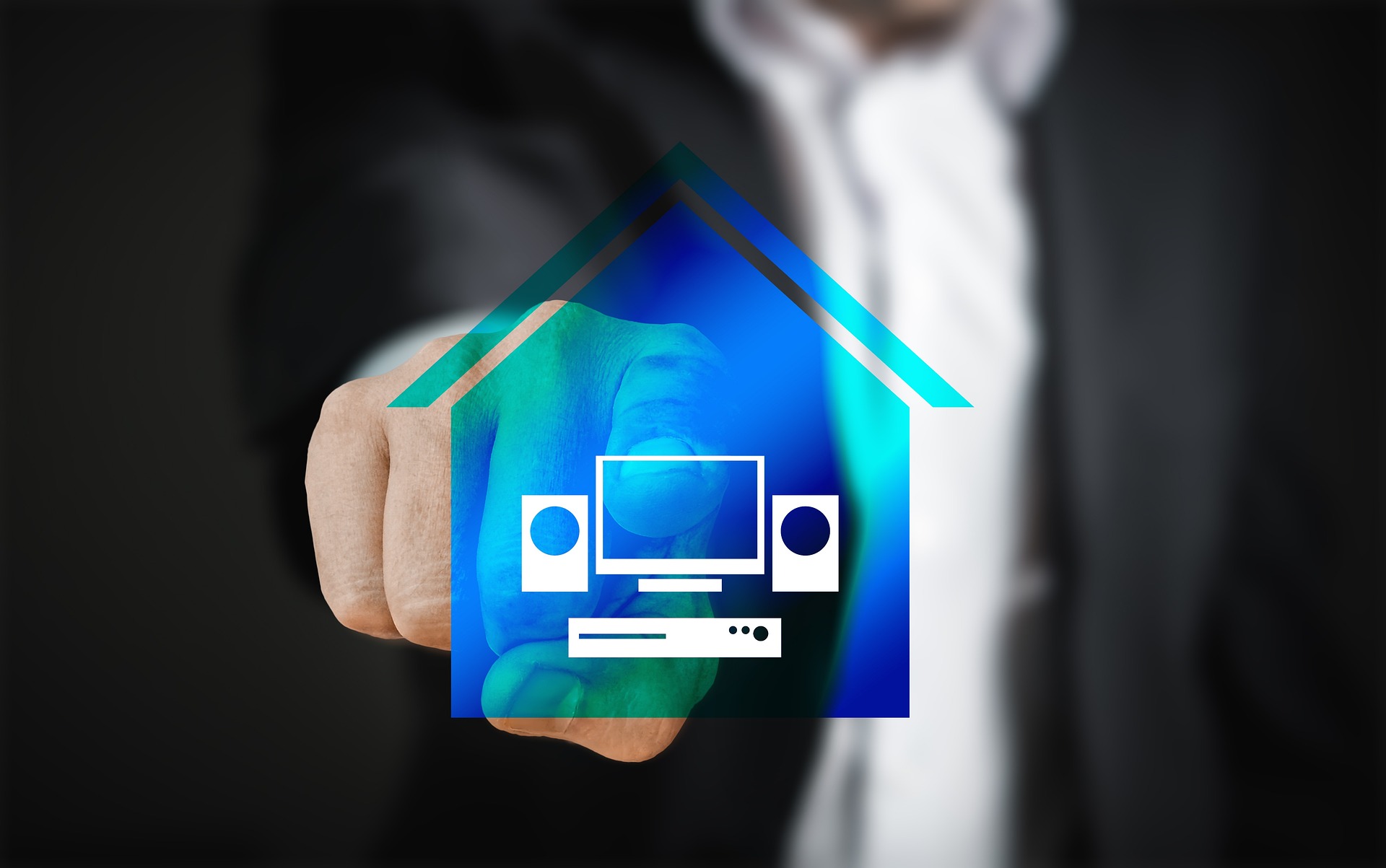

Question: What Problems Do Smart Homes Solve?
Answer: Smart homes solve problems like security, energy efficiency, and accessibility by automating tasks, providing remote control, and enhancing convenience.
The Evolution of Home Automation
Home automation has come a long way since its early days. What started as a luxury for the wealthy has become increasingly accessible to the average homeowner. Today, smart homes offer a range of features that can improve our lives in countless ways.
But what exactly do smart homes solve?
Enhanced Security and Peace of Mind
One of the most significant benefits of a smart home is its ability to enhance security. Smart home devices, like security cameras and door locks, provide homeowners with greater peace of mind.
Remote Monitoring and Control
Smart home security systems allow you to monitor your home remotely, no matter where you are. You can view live footage from your security cameras, check the status of your door locks, and even receive alerts if motion is detected or a door is opened. This level of control provides a sense of security that traditional security systems simply cannot match.
Deterrence Against Intruders
The presence of a smart home security system can deter potential intruders. The knowledge that their actions are being monitored can be enough to discourage criminals from targeting your home. Smart lights that automatically turn on and off at specific times can also create the impression that someone is home, even when you are away.
Immediate Response to Emergencies
Smart home devices can also help you respond to emergencies more effectively. In the event of a fire or break-in, smart home systems can send alerts to your phone or contact emergency services directly. This can make a crucial difference in the outcome of a potentially dangerous situation.
Click here for more information on a realty specialist Orangeville
Related Article: What are the Most Common Smart Devices?
Related Article: What Equipment is Needed for a Smart Home?
Improved Accessibility and Control
Smart homes can make it easier for people with disabilities to live independently. They can also provide greater control over their environment for seniors who may be experiencing age-related challenges.
Voice Control and Remote Access
Voice control and remote access allow individuals with limited mobility to operate various home functions without having to physically move around. They can use voice commands to adjust lighting, temperature, and even open and close doors.
Smart Home Automation for Seniors
For seniors, smart home automation can provide peace of mind for themselves and their loved ones. Smart home systems can monitor their health and well-being, and provide alerts in case of an emergency. These systems can also be used to track medication schedules and ensure that seniors are taking their medications as prescribed.
Enhanced Energy Efficiency
Smart homes can help you reduce your carbon footprint and save money on your energy bills. These devices use sensors and algorithms to optimize energy consumption, turning lights off when rooms are empty and adjusting thermostats based on your schedule.
Smart Thermostats
Smart thermostats can be programmed to automatically adjust the temperature in your home based on your schedule and preferences. They can also learn your habits and adjust the temperature accordingly. This can help you save energy and money on your heating and cooling bills.
Smart Lighting Systems
Smart lighting systems can be programmed to turn off lights when rooms are empty or when they detect that no one is present. They can also use motion sensors to automatically turn on lights when you enter a room. This can help you reduce your energy consumption and save money on your electricity bill.
Smart Appliances
Smart appliances, like refrigerators and washing machines, can also help you save energy. They can be programmed to run during off-peak hours when electricity rates are lower, and they can also use energy-saving modes when they are not in use.
Personalized Home Experience
Smart homes offer a level of personalization that was previously unattainable. You can customize your home environment to meet your unique needs and preferences.
Personalized Lighting and Temperature Control
Smart lighting and temperature control systems allow you to set different lighting levels and temperatures for different rooms and times of day. You can also program these systems to respond to your mood or activity level.
Entertainment and Media Control
Smart home devices can be used to control your home entertainment system. You can use voice commands to play music, watch movies, and even adjust the volume of your TV.
Conclusion
The benefits of smart homes are numerous and far-reaching. From enhanced security to increased convenience, energy efficiency, and accessibility, smart homes offer a wide range of solutions that can improve our lives in countless ways. As technology continues to advance, smart homes will become even more sophisticated and integrated into our daily lives, offering a more comfortable, secure, and sustainable living experience. [1]
References
1. https://reolink.com/blog/smart-home-frequent-issues/


